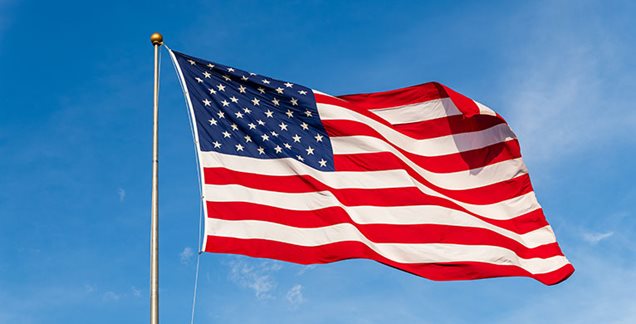Physical distancing requirements have led many to look for alternative ways to celebrate Labor Day this year. Street parades, festivals, and other outdoor gatherings are being canceled. But our nation is still committed to celebrating the American worker.
Despite the harm caused by the COVID-19 pandemic, it helped shine a light on the workers, small businesses, and financial institutions using creative solutions to care for people in their communities. Now it’s our turn to say “thank you” to those who help us Live Well, Bank Well.
Join us in recognizing the strength of the United States workforce this Labor Day weekend.
Did you know?
As the U.S. economy began to feel the impact of the global pandemic, small businesses quickly made changes to keep customers and gain new ones. Some created a social media presence for the very first time. Many local stores and restaurants encouraged customers to buy gift cards or use curbside pickup to help keep their doors open. Others offered coupons and special deals to encourage sales. These efforts likely kept more workers employed for a longer period of time.
Millions serve in health care
Health care workers have risen to the challenge during the pandemic. Many traveled to hot spot areas in need of more health care professionals to meet the demand. Contributions don’t end with doctors and nurses.
While there are about half a million doctors and surgeons in our country and 2.6 million registered nurses, there are nearly 7 million support, direct care and service workers in the industry. Keeping a nation well takes the combined efforts of doctors, nurses, emergency responders, housekeepers, nursing assistants, and home health workers to name a few.
Toll on workers, services
Some workers who financially suffered due to a layoff turned to other employment opportunities. Grocery and food delivery services saw large increases in job openings as more people stayed home by choice or due to state orders. Whether these jobs were temporary or long-term, they allowed workers to put food on the table while helping small businesses and individuals in their communities.
Even when Americans could not work, they offered to help others in need. Websites like U.S. Digital Response continue to rely on an army of volunteers to help governments and nonprofits in the areas of technology, policy and communications, and operations. As the economy was changing, so was the need to provide updated information to the public.
Supporting our neighbors
Financial institutions made changes to support and empower their customers. Banks across the country offered financial relief programs to those affected by the pandemic. Examples include skip-a-pay loan payment programs, overdraft forgiveness, and low-cost loan assistance programs.
Grassroots organizations and non-profits created lists of resources to help families in need. Lists included local food pantries, mental health providers, and housing options. These groups also started emergency relief funds for food service workers and restaurants.
Small businesses used their expertise to help keep other workers safe and fed while expressing their appreciation. By using what they had on hand, they filled a critical need. Distilleries made hand sanitizer from spirits. Designers made face masks. Restaurants delivered free meals to health care workers.
Community members also offered their skills to help others. Those who knew how to sew also made homemade masks and donated them to needed organizations.
Community banks saved 33.7 million jobs through the Paycheck Protection Program (PPP). Businesses across the country were able to borrow money to keep paying their workers during the COVID-19 crisis. Almost half of the 33.7 million jobs were in health care, food services, retail, and manufacturing.
These are only a few of the many examples of how American workers make a difference in the lives of their communities. Fellow workers, thank you for your contributions and sacrifices.
Happy Labor Day!

